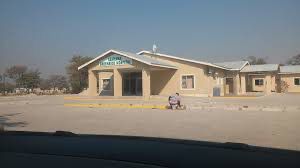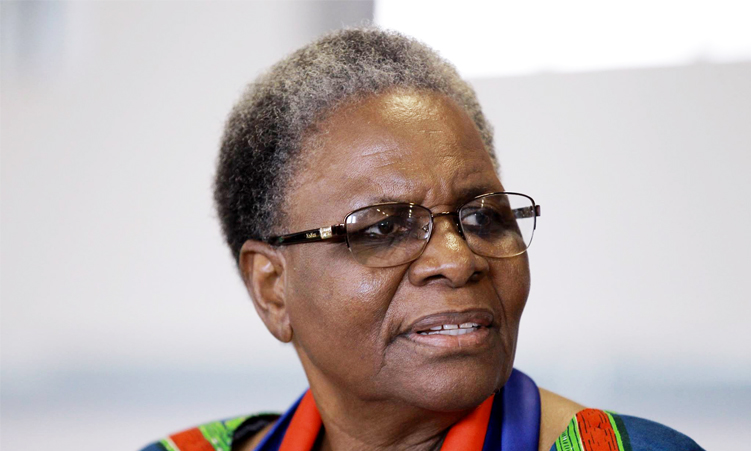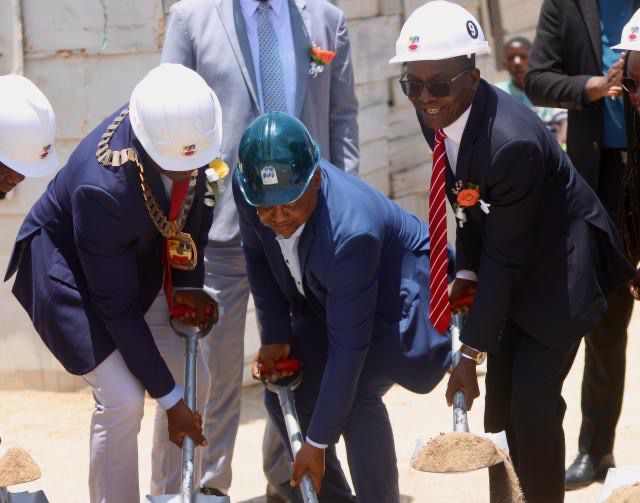NAMIBIA’S democracy is still fragile, but at the same time it has also shown encouraging signs. However, these signs do suggest that we should try to think of our democracy beyond the transition.
What does it mean? Comparatively speaking, it essentially means that we should not end up like Cameroon: a country with an incomplete transition. Over the past few months, the authoritative think tank, International Crisis Group issued two reports on Cameroon – one on May 25 2010 titled ‘Cameroon: A fragile state?’, and another a month later on June 24 2010 with the headline, ‘Cameroon: the dangers of a fracturing regime’. Admittedly, excessive comparisons between Namibia and Cameroon may sound unfair. However, just like Cameroon there are fault-lines in our democracy that we have allowed to perpetuate and mutate over the past two decades. Therefore, the danger is that 30 years after our democracy (or earlier) we may end up a subject of ICG reports with similar titles.Our fault-lines don’t only relate to the perverse nature of our economic inequalities, but they are largely rooted in our inability to ground the values of our transition in dealing with inequality. What were these values? The most profound value of our transition was JUSTICE – a grounding principle informing the base of our revolution zeal, including the structuring of a post-independent Namibia. How have we fared in terms of grounding this value in all spheres of life? Evidently, we have not met the expectations of a diverse section of our society.The economy has not generated enough jobs, with unemployment and inequality having reached scary proportions. Increasingly, our system is weighed down by corruption, including inertia on the part of the political leadership in dealing decisively with this scourge.The cases of the Government Institutions Pension Fund and the ODC are most revealing of this inertia.Yet, we should remind ourselves that the biggest threat to the nation-building project is not opposition parties or those with opposing views on issues – but the entrenchment of inequalities generally, and specifically on the basis class, race, gender and ethnicity.The biggest threat to our nation-building project is inaction on the part of leaders regarding this question. In addition to struggling to meet the requirement of a just society in terms of economic opportunities, we are struggling with grounding a politically pluralist country. It would be unfair not to say that recent developments, notably the Supreme Court judgement and the respect for that decision by all parties bode well for the institutional roots of our democracy and a just society. However, it deserves mention that official and unofficial responses to that judgement suggest unease with the basic ethics of a democratic space. Democracy is at the same time institutional inasmuch as it is about language tone and acts. But what one senses in the political make-up of our leadership is a party driven autocratic instinct undermining the very bases of our democratic space.Shockingly, basic pluralism and diversity are oftentimes considered unacceptable threats to the nation-building project. We may not be sitting with the excesses making Cameroon a country teetering on the verge of war or conflict. However, we are entrenching the elements creating a potential conflict zone.The point deserving emphasis here is that as a country, we have not been grounding the notion (or notions of justice) inherent in the discussions about our transition in 1990. We have allowed certain fault-lines that are inherent in a transition of that nature to perpetuate and to mutate. In some instances, we even germinated new fault-lines.The idea of justice and the consensus thereof has become hegemonic in a vicious sense. We have perhaps not fully captured, nor implemented the idea of justice in all spheres of life. Potentially, we have the fault-lines to become a failed state. Also, we have the right content to succeed. However, we don’t seem too obsessed with consolidating the ingredients of a great society. Similarly, there is no urgency with regard to dealing with our fault-lines through a consistent application of the idea of justice. There is a need for a renewal and discussion about the justice consensus of our transition. Such a discussion could take place within Swapo on the basis of an honest political review and analysis of the past two decades. The technical and political grandstanding approach with regard to national reviews has not been helpful. What we ought to start to take seriously is an honest discussion about the state of Namibia, including how we can make it better on the basis of guiding values.Avoiding such profound discussions about values such as justice would be creating (confidently that is) a country in the image of Cameroon.* Alfredo Tjiurimo Hengari is a PhD fellow in political science at the University of Paris-Panthéon Sorbonne, France. He currently teaches political science (international politics) at the University of Cape Town, South Africa.
Stay informed with The Namibian – your source for credible journalism. Get in-depth reporting and opinions for
only N$85 a month. Invest in journalism, invest in democracy –
Subscribe Now!






